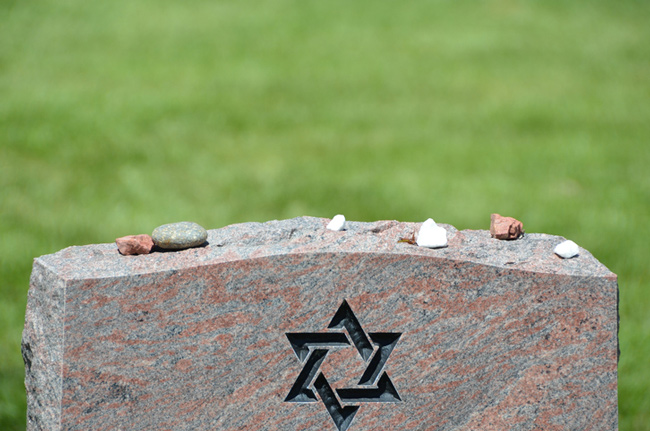
“May their memory be for a blessing.”
You may have heard these words during a shiva visit or at Yom Kippur services. You might have read them in the comments on a social media post sharing sad news.
Note: You may have also seen the letters Z’’L (or the Hebrew ז״ל) written after the names of deceased individuals. These stand for zichrono/a livracha, which literally means “their memory as a blessing.”
This is one of the phrases Jews traditionally say to honor the dead and comfort mourners. It comes from Proverbs 10:7, which reads “the memory of the righteous is a blessing, but the name of the wicked will rot.” According to Jewish tradition, individuals who live a good and honorable life will continue to be remembered fondly, while those who do not will eventually be forgotten.
These words are helpful because it’s often hard to know what to say in moments of grief and loss. But they’re also deeply meaningful because of the role that memory plays in Jewish tradition. Jews are encouraged to regularly and actively engage with our individual and collective memories through stories, rituals, and education. These memories are a powerful way to strengthen our Jewish identities, stay connected to our history and community, and shape the future of our lives and our people.
By saying, “May their memory be for a blessing,” we’re not just suggesting that the memories of a loved one may help the mourners navigate a difficult time. Rather, we’re hoping that their memories will continue to be a source of comfort, connection, and inspiration for years and generations to come.
Read
These special stories talk about the importance of sharing memories and passing on traditions.
Watch
Learn more about Jewish mourning rituals with this video series from BimBam:
More
Children’s Books About Death and Illness
How to Talk to Kids About Death and Dying
What is L’Dor V’Dor?
April 8, 2025